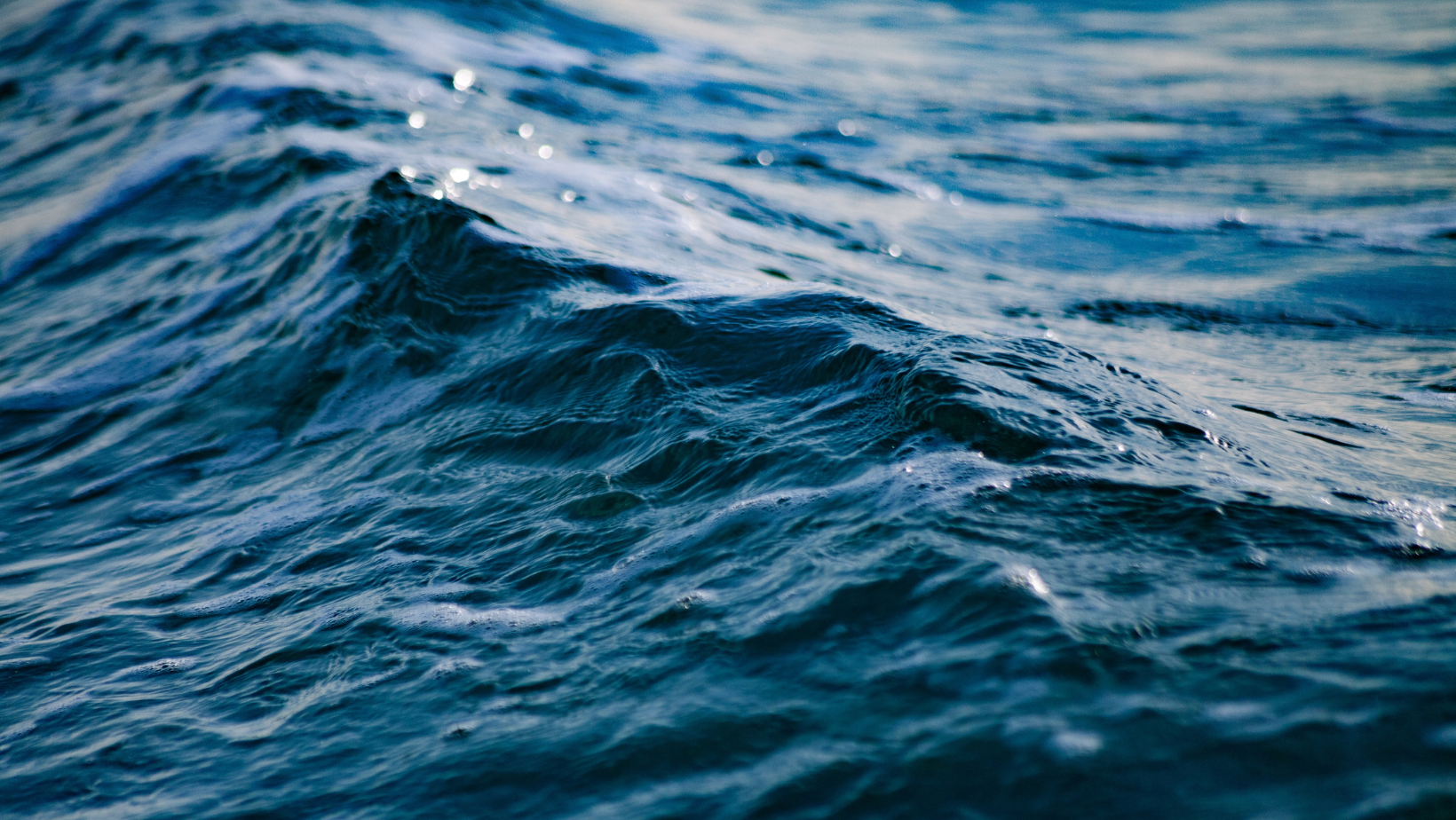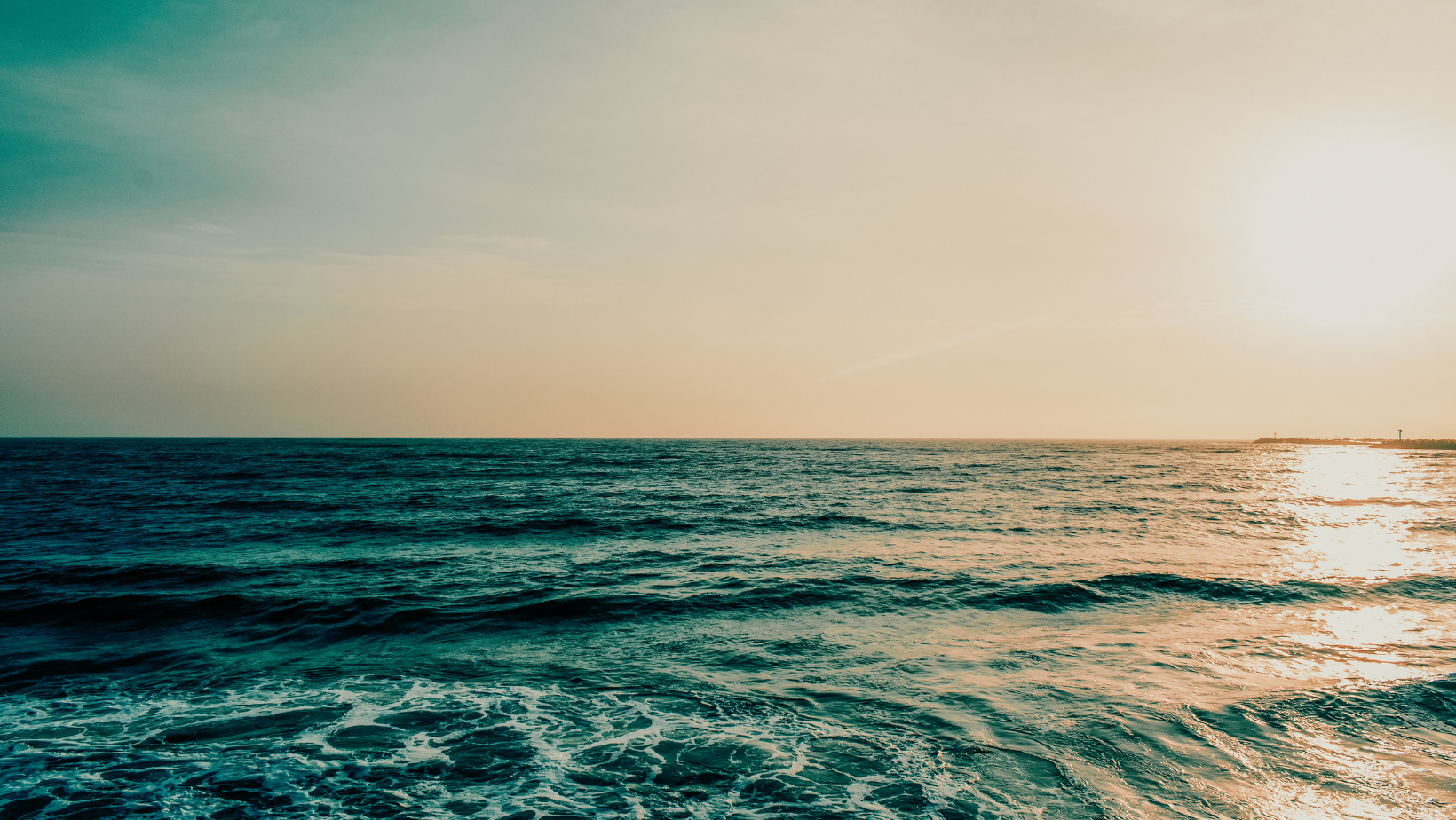Why are wines aged underwater?
The topic of Underwater Wines is increasingly current. More and more wineries decide to invest in wines that age underwater.
Why do wineries age wine underwater? What are the advantages of underwater ageing? In this article, we answer these questions.
What are Underwater Wines?
Underwater Wines are wines that are aged by immersing them in sea water, after vinification and bottling. In short, the bottles, instead of staying in the cellar, as traditionally happens, are taken to the depths of the sea for the time necessary to complete the process of evolution and definition of the organoleptic properties and qualities of the wines.
The relationship between wine and the sea has been explored and exploited in different eras and in different realities and populations. In the times of Ancient Greece, for example, it is said that on the Greek island of Chios, located in the eastern part of the Aegean Sea, near the Turkish coast, local winemakers immersed the grapes in the sea water to "clean" the berries from the white patina that surrounds them. In this way, the grapes could dry more quickly and release all their aromatic potential. The Romans also added sea water to the grapes because they believed it helped the aromatic evolution of the grapes.
Aging wine bottles in sea water is a much more recent practice. The first experiments were prompted by a particular event. In 2010, on the seabed of the Baltic Sea, near the Finnish islands of Aaland, 168 bottles of Champagne were found among the wreckage of a 19th-century ship. From analyses conducted by experts from all over the world, it emerged that the wine in the bottles was in an excellent state of conservation.
After this brief overview of Underwater Wines, let's look at the advantages of underwater aging.
What are the advantages of underwater aging?
Why is underwater wine aging so successful? What are the benefits of underwater wine aging?
The main reason for the spread of this practice is the favorable environmental conditions found in the sea: conditions of temperature, light and pressure that characterize the deepest waters of the marine environment.
1. TEMPERATURE
The deepest waters of the sea are characterized by a constant temperature, which has little variation over time, unlike surface waters. In particular, the temperature in the depths of the sea is around the ideal temperature for aging wine, conventionally 12°C. Furthermore, the advantage is that this temperature, in the sea, is reached naturally, without air conditioning systems.
2. LIGHT
The absence of light is one of the golden conditions for best wine preservation. Bottles should be kept in the dark. This condition is also satisfied by the deepest sea waters, where light cannot penetrate or, in any case, cannot do so in a significant way.
3. PRESSURE
The pressure of the sea water on the bottles minimizes the amount of air and oxygen that interacts with the wine, preserving it and favoring the expression of its organoleptic characteristics once brought to the surface.
Furthermore, especially for classic method sparkling wines, the slight movement of the sea water at depth keeps the sediments in suspension, preventing them from spreading into the wine. Classic method sparkling wines are one of the types of wine considered most suitable for underwater aging.
These are the main reasons that supporters of underwater wines use to enhance their refinement method. What do you think? Do you agree? Have you ever drunk a wine refined at sea? In our online wine shop we have a wine refined underwater: discover it and let us know what you think.
If you liked our article and if you want to continue to receive news, updates and curiosities about the world of wine, subscribe to the Wineshop.it wine newsletter. Lots of content and offers await you!










